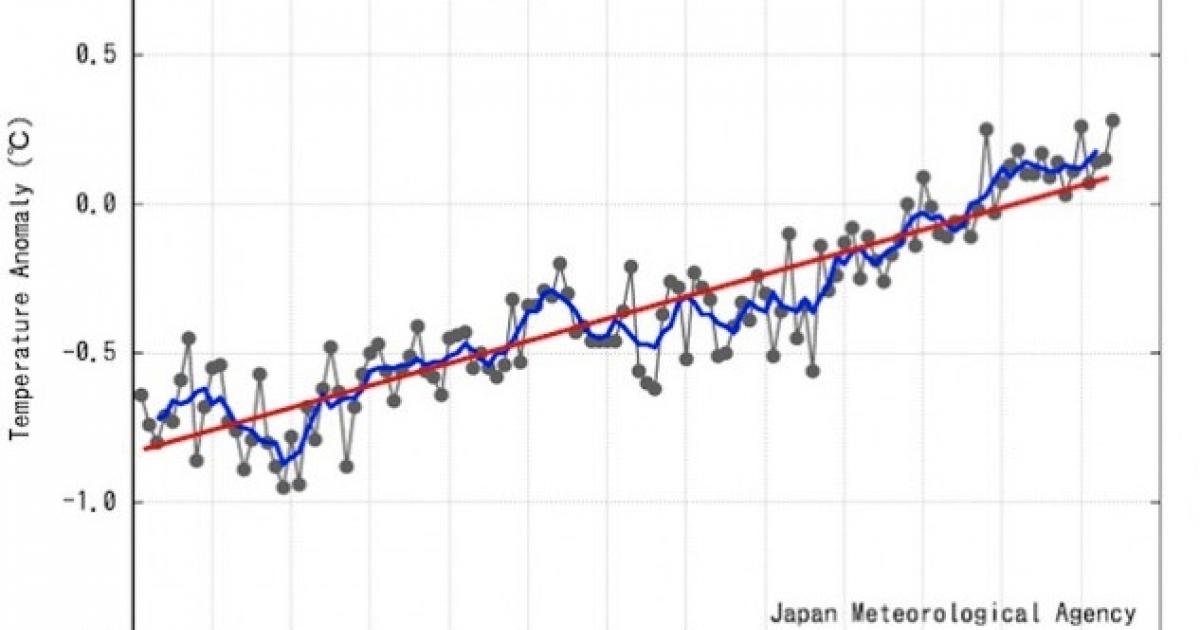
They “reduce” the threats, Science historian Naomi Oreskes sums it up In the latest version of Scientific American. You remember, for example, that in 2008, political scientist Roger Pilkey Jr He decided That sea level rise was higher than expected in two of the three previous reports of the Intergovernmental Panel on Climate Change (UN Panel of Experts on Climate Change). Similarly, in 2009 hundreds of climate studies were compiled have specified Several subjects the scholars had “underestimated” what was about to happen, but none where they overestimated it.
Oreskes not only made the discovery: as you remember, From 2013one of his colleagues at the University of California, San Diego, Kenin Pressey, wrote that “this disparagement is a kind of prejudice.”
Scientists tend toward the lowest expectations, because they don’t want to be accused of making sensational and exaggerated claims. »
Has the problem disappeared over time? It’s not a sure thing, if we think about melting Arctic ice, or new temperature records. Several times a year, a new report appears revealing that previous estimates were an underestimate Speed of these changes.
This is not very different from the unconscious biases that have been discussed in the literature on discrimination in recent years. Unconscious bias can be the result of bias, but it can also be a defense reaction, Oreskes writes: “Even today, scientists are still accused of exaggerating climate risks by influential figures who get disproportionate media attention.” Fear of being targeted can then lead them to choose scenarios that are so cautious and cautious that they are unrealistic. With all the risks involved: “Estimates that are too low can create the false impression that we have more time to solve the problem.”






